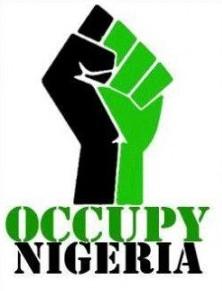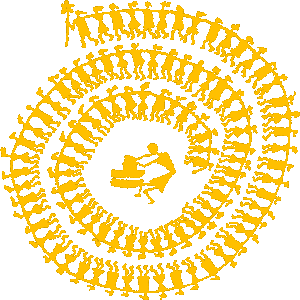Occupied Nigeria
Deploying Nonviolence Against Colonialism
by Matt Meyer
For too many expatriate Africans living in the West, the phrase Occupied Nigeria raises scary images of U.S. or NATO warships  bearing down in AFRICOM-commando fashion, reestablishing Eurocentric hegemony over the worlds’ fifth largest supplier of crude oil. Before these early days of 2012, we had barely heard news of the spreading Occupy hashtag on the continent that helped re-popularize mass nonviolent civilian resistance around the world last year. Now #Occupy Nigeria in just two short weeks has mobilized thousands in cities across the diverse West African country, along with support demonstrations (including some of those ex-pats) in London, Los Angeles, New Jersey, and elsewhere. The widespread strike by Nigerian oil workers continues to grow, as calls for an end to economic and political corruption gain momentum.
bearing down in AFRICOM-commando fashion, reestablishing Eurocentric hegemony over the worlds’ fifth largest supplier of crude oil. Before these early days of 2012, we had barely heard news of the spreading Occupy hashtag on the continent that helped re-popularize mass nonviolent civilian resistance around the world last year. Now #Occupy Nigeria in just two short weeks has mobilized thousands in cities across the diverse West African country, along with support demonstrations (including some of those ex-pats) in London, Los Angeles, New Jersey, and elsewhere. The widespread strike by Nigerian oil workers continues to grow, as calls for an end to economic and political corruption gain momentum.
The short-term issue which birthed the network now being called Occupy Nigeria was the hastily-announced January 1, 2012 end of the federal fuel subsidies which had enabled average Nigerians to afford gas pumped from oil reserves on their own land. This resulted in an overnight 120 percent price increase, and an outburst of fury at decades of governmental collusion with the multi-billion dollar oil industry. (more…)

